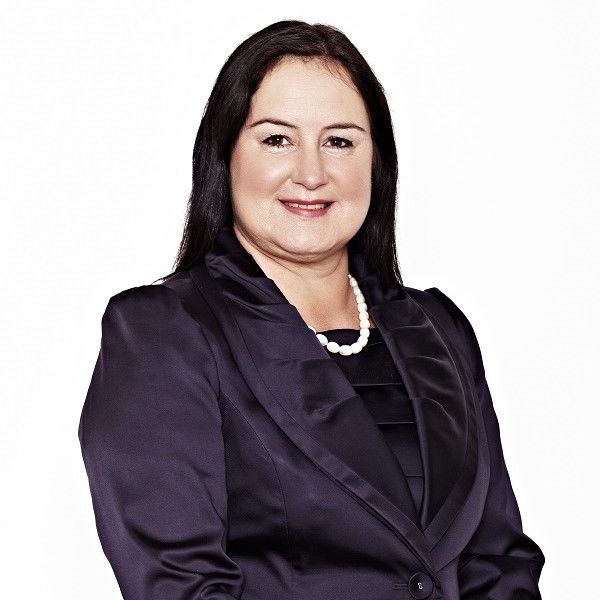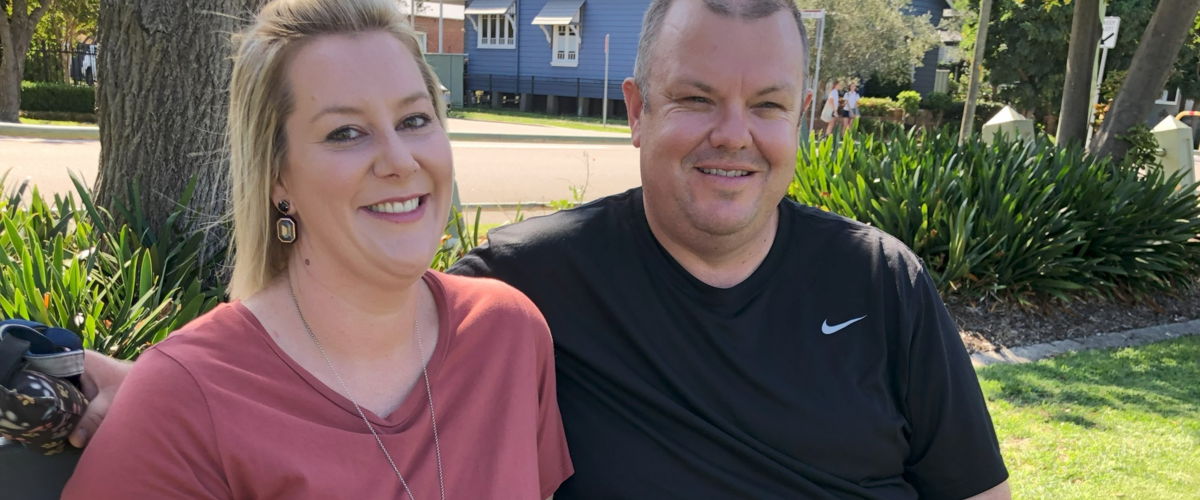
Paternity, Maternity, Equality
What do you need to consider?
Conceiving a baby in a same sex relationship
IVFAustralia, and its partner clinics Melbourne IVF, Queensland Fertility Group and TasIVF, are proud supporters of ‘rainbow families’. IVFAustralia were an Official Supporter of Sydney’s Gay and Lesbian Mardi Gras this year, and we’ve seen the number of same sex couples accessing our donor program double in the last year.
In 2011, a survey of 3,835 LGBT people found 33% of women and 11% of men had children1 - but close to 40% reported wanting to have children or have more children. This so-called ‘gayby’ boom is thanks to changes in community attitudes and laws, including better access to Assisted Reproductive Treatments for lesbian and single women.
So, if you’re hoping to experience the joy of starting a family within a gay or lesbian relationship, what do you need to consider?
How long will it take to conceive?
Generally speaking, we’d expect a healthy woman with no fertility issues to fall pregnant through IVF or Artificial Insemination within six months. You can prepare for pregnancy by improving your diet, doing regular exercise and other lifestyle factors.
When you access the donor program there are a few extra decisions you need to make.
Do you choose a known donor, or an anonymous donor? In a lesbian relationship, do you want to implant an embryo with eggs from one mother into the other? Should you store some sperm from the same donor for later, in case you’d like a related sibling? For two dads, the process of finding a surrogate can also be complex.
How do we choose a donor?
Our fertility clinics offer access to both Australian and US* donor sperm. The access fee for US donor sperm is higher, but the waiting list is also shorter as there is a shortage of local donors (gay men, we’d love to hear from you!)
When you’re using donor sperm or eggs, there are a few legal, emotional and ethical factors to consider and a counsellor will help you work through these concerns so you can make the best decisions for your family’s future.
Are there any legal issues?
Each state has different laws about parental recognition and access, so it’s worth seeking specialist advice before you start.
For example, in Victoria, the Victorian Assisted Reproductive Treatment Act (2008) removed discrimination against lesbian and single women with regard to fertility treatment, recognised parenting status for non-birth mothers and also effectively legalised ‘altruistic’ surrogacy. It also recognises lesbian couples as equal parents of their child or children as long as they were in a de facto relationship.
What else should we be prepared for?
30 years of research2 has shown that the children of same-sex parented families do just as well as the children of heterosexual parents socially, educationally, physically and emotionally.
The issues your children will face as they get older are just the same as the issues facing any children conceived using donor sperm or eggs: Where did I come from? Should I contact my donor? You need to be prepared for these questions at some point.
In the meantime, we hope we can help you fulfil your dream of having a baby, and that you will experience the joys of pregnancy, birth and parenthood.
What should be my next steps?
If you would like to learn more about the fertility treatments available for same-sex couples in your regions, visit one of our websites.
* IVFAustralia and Queensland Fertility Group patients only.
1 Leonard et al. (2012) Private Lives 2: The Second National Survey of the Health and Wellbeing of GLBT Australians, The Australian Research Centre in Sex, Health and Society, Melbourne
2Rainbow Families Council of Victoria (2010) Rainbow Families and the Law, RFC, Melbourne, http://www.rainbowfamilies.org




